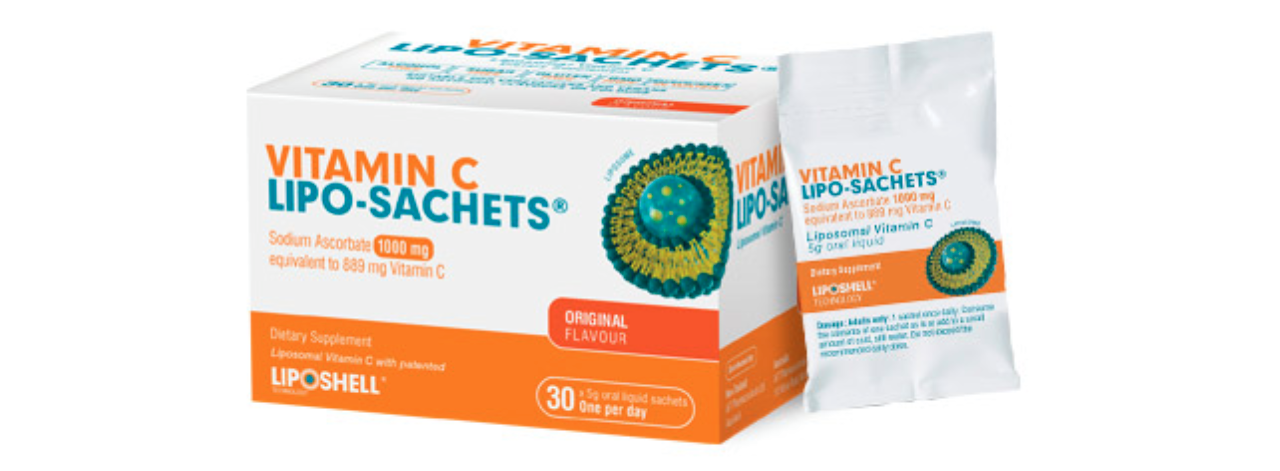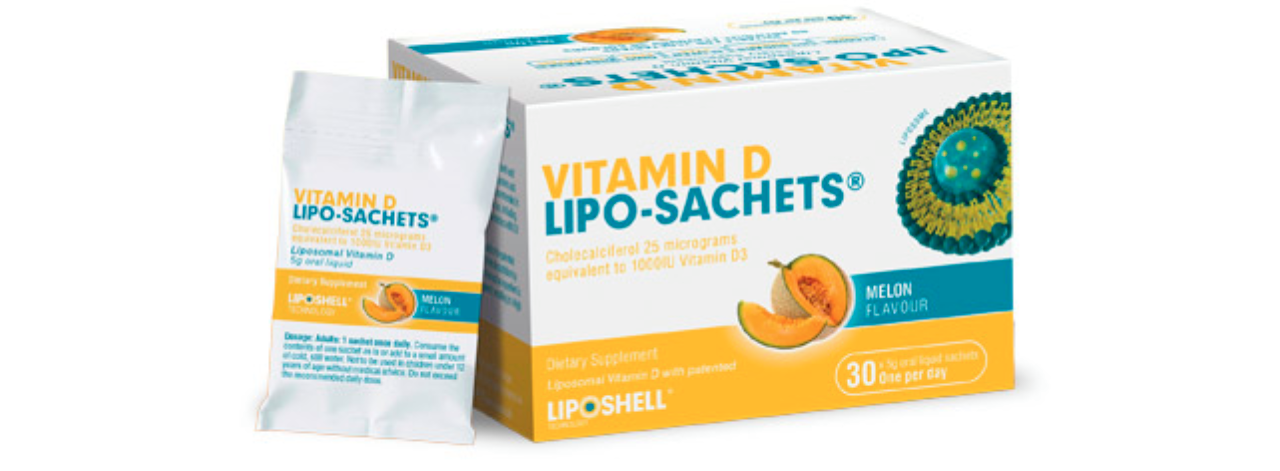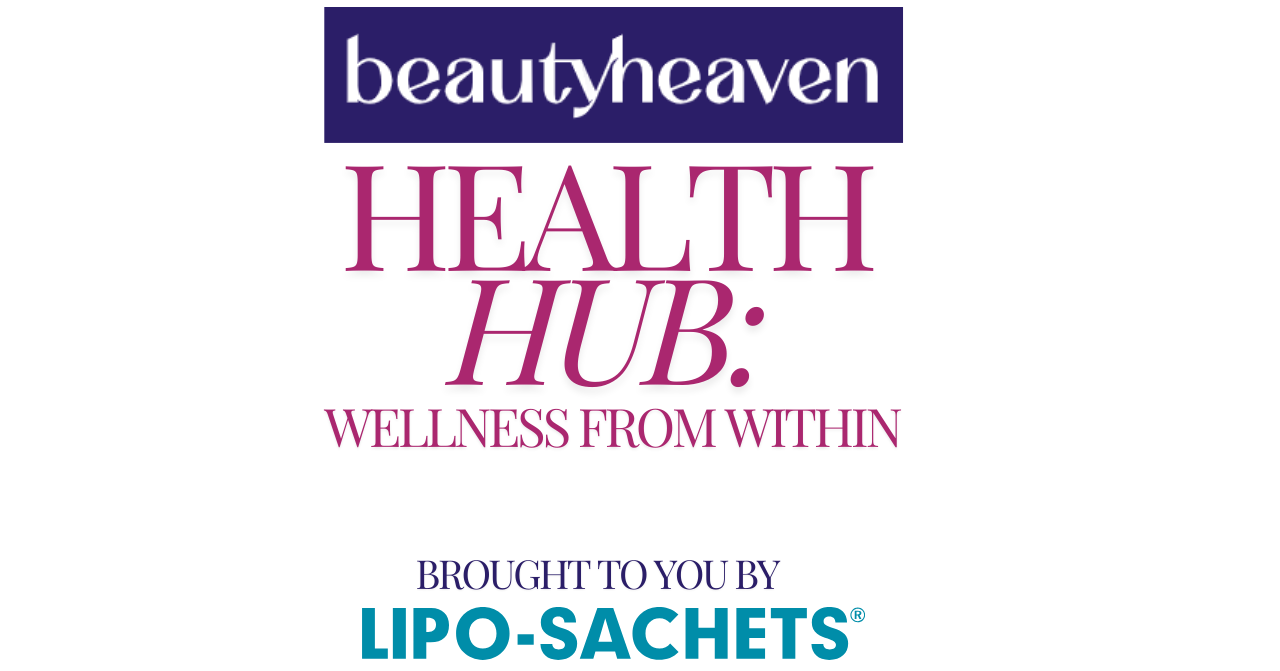Picture this: you’re a contestant on a game show where the category is ‘vitamins’. Could you confidently explain the role of each? If not (and we understand; there are many, all with different roles in the body), don’t fret. We’re here to help.
Firstly, let’s nail down exactly what vitamins are as a whole. In a nutshell, vitamins are compounds/substances that play a variety of vital roles in the body. As these roles of the major vitamins (think vitamin A, B, C, D, E) are vital, a balanced intake of them is important for optimal health.
So, we know we need them. But what do vitamins A through E actually do, and how do we get them where they need to go within the body? That’s precisely the mystery we’re determined to solve. Here’s our guide to understanding (and ticking off) your vitamin alphabet to ensure your body is getting adequate amounts of everything it deserves…
Vitamin A
We’re assuming when you think vitamin A, you pretty automatically think retinol – you’re a beauty lover, after all. And as a whole, you’d be correct. Retinol hails from an ingredient group called ‘retinoids’ which form part of the vitamin A family. In the skin care space, vitamin A or retinol-centric formulas can help to accelerate skin’s renewal process, aiming to enhance the appearance of the face’s texture and tone. But in addition to its topical pros, vitamin A can also aid your body in maintaining vision, body growth and immune function. You can up your intake through your dietary choices. Cheddar cheese, butter, eggs, mangoes, and carrots are all examples of foods high in vitamin A. Delicious and nutritious.
Vitamin B
Onto vitamin B! Again, if you’re a face product fiend, you probably know that vitamin B3 also goes by the name ‘niacinamide’ (which provides a helping hand when it comes to reducing the appearance of redness, minimising the appearance of pores, and working to bolster the skin’s protective barrier). But just like vitamin A, the body also requires an adequate amount of vitamin B on the inside to function at its best. As a whole, vitamin B plays a role in how your body converts food to energy (otherwise known as the metabolism), but each different type has its own focus. For example, vitamin B2 is important for vision, whilst vitamins B12, B6 and B9 are valuable vitamins for healthy brain and nerve function. If you’re looking to boost your vitamin B levels through diet, we advise discussing with your doctor what your body specifically needs (and where to source it), but as an example, Vitamin B1 (known as Thiamin) is found in foods such as fish, meat, wholewheat breads and yeast extracts (yep, Vegemite!).
Vitamin C
Vitamin C may be the artist behind everyone’s favourite 1999 track ‘Graduation (Friends Forever), but it is of course an important actual vitamin as well. Vitamin C is an antioxidant which works to reduce free radicals formed in the body, which are pesky unstable molecules that try to attack and damage our healthy cells. Rude of them, we know.
When it comes to skin, vitamin C is one of the most popular ingredients for face care, providing a bevy of brightening benefits (while also protecting against free radicals, as mentioned). But vitamin C plays a big role internally as well. With many important functions in the body, some of vitamin C’s tasks include keeping your skin, bones, and connective tissue healthy, as well as helping your body to absorb iron. It can also help with immune health, providing aid during cold and flu season. Luckily, vitamin C is found in many fruits and vegetables, so oranges, lemons, cabbage, and broccoli are all ways to get your body the vitamin C it needs.
If you’re aiming to up your intake, you could try incorporating a vitamin C supplement into your routine. Vitamin C Lipo-Sachets ($39.99 at Chemist Warehouse), for example, are formulated to help relieve symptoms of cold and flu while also working to support immune and skin health. Vitamin C Lipo-Sachets provide 80 per cent higher absorption compared to standard vit C tablets 1, don’t contain artificial flavours, colours, gelling additives, or solvents, and are also suitable for vegans. That means they do feature the true taste of liposomal vitamin C (as it’s been left unchanged by said solvents or additives), but you could mix it into water, juice, yoghurt, or a smoothie bowl if you want to disguise the taste. The recommended dosage is just once daily, so it’ll be one and done per day.

Vitamin D
Vitamin D is all about bone health, as it helps our bodies to absorb calcium, which is essential for strong, healthy bones. On top of that, vitamin D also plays a role in immune function, cell growth and muscle function, among other areas. And we know what you’re thinking: isn’t vitamin D sourced from the sun? Why yes, it is, but that’s not your only option.
While a little bit of sun exposure per day is a positive for your vitamin D levels (check with your doctor regarding the amount recommended for your skin tone/type per season), we take sun safety too seriously to not consider other sources. Though Vitamin D is a slightly harder vitamin to get from foods, there are a few that can help: vitamin D2 can be found in mushrooms, whilst vitamin D3 comes primarily from animal sources (like oily fish or egg yolks).
If you’re concerned that you’re not getting enough vitamin D from your diet or the sun’s rays, you could consider a supplement (as long as your doctor agrees it’s the right strategy for you). Vitamin D Lipo-Sachets ($39.99 at Chemist Warehouse), for example, may be suited for people with low exposure to sunlight due to lifestyle, as well as people looking to support their bone health and immune system function. Vitamin D Lipo-Sachets provide four times higher absorption than standard vit D3 capsules 2. Again, the instructions advise taking once per day, mixed into water, juice, yoghurt or a smoothie bowl for ease.

Vitamin E
Ah, vitamin E! We could almost breathe a sigh of relief even reading its name. Why? Because vitamin E is all about soothing and hydrating the skin, with helping to alleviate dryness or discomfort at the top of its ‘to do’ list.
Like many of these trusty vitamins, vitamin E also plays a role in keeping your immune system healthy, and as an antioxidant, can even help to protect your body against external aggressors. Cooking oils (think sunflower oil), fish (like salmon or trout), seeds (from almonds to hazelnuts) and fruits and vegetables (avocado, mango and pumpkin among them) are all foods high in vitamin E. So if you’re looking to up your levels, a pumpkin, almond and salmon salad bowl sounds like a solid starting point to us.
Always read the label and follow the directions for use.
- M. Łukawski et al. (2019), Journal of Liposome Research, ISSN:0898-2104.
- G. Zurek et al. (in press). Novel approach for approximation of the vitamin D3 pharmaco-kinetics from the in vivo absorption studies. Pharmaceutics.






Great info, thanks for sharing
I have been taking vitamin D for a long time now. It would appear that from my blood tests that it is working.
That is good Normap
I use Vegetology spray Vitamin D, so easy to take, all natural too.
I take a B complex several times a week
Interesting article.
I am currently taking Vitamin D.
This seems like an advertising article. Just eat fruit and lots of fresh produce and get out in the sun without sunblock or cream early in morning or late in the day. I prefer Vimergy supplements at least I know it has no fillers.
So many things you could take now, it could cost a fortune
I only take vitamins if my doctor recommends them.
Informative.
I usually only take supplements – even vitamins – on medical advice.
The vitamins are for the outside (skin) and the inside. I believe they help. Great article
I pay more attention to these now I’m getting older.
I would love to learn more about layering of the serums
You need to need supplements otherwise you are just paying and you body doesn’t use the extra.
Good to know, thanks
Repeat article
Really good read, i love knowing more about the benefits of different vitamins for my skin cause I’m struggling so anything that can help im willing to try